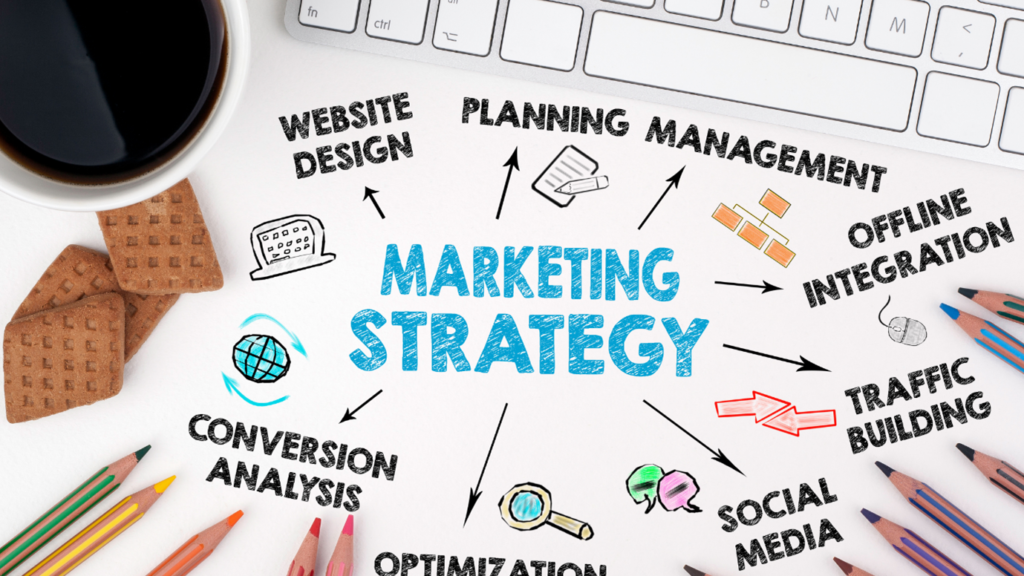
From algorithms to authenticity: How Gen Z is reshaping the future of brand marketing
Gen Z, the digital-native generation born between the mid-1990s and early 2010s, is rapidly becoming one of the most influential consumer groups worldwide.

Digital technology has had a significant impact on modern marketing strategies. The rise of the internet and social media has led to an increase in data collection and analysis, allowing for more targeted and personalised marketing efforts. Additionally, digital channels such as email, search engine marketing, and social media advertising have given businesses new ways to reach and engage with customers. Let’s explore the impact of digital technology on modern marketing strategies.
You should understand the function and impact of technology before deciding to use it in marketing strategies. Here are some examples of how technology might affect a marketing strategy:


To properly utilise digital technology and incorporate it into modern marketing strategies you should have the right skills, like provided in the Digital Marketing Tactics short course from the Institute of Marketing Management (IMM) South Africa. This short course reviews a number of areas and functions that have had to adapt in their approach and how they operate because of the impact of digital technology on marketing.
Overall, digital technology has given businesses more tools to reach and connect with customers, leading to more effective and efficient marketing campaigns. To be a successful marketer you need to constantly grow and gain new skills, and this is why pursuing the Digital Marketing Tactics short course from the IMM South Africa would be extremely beneficial.

Gen Z, the digital-native generation born between the mid-1990s and early 2010s, is rapidly becoming one of the most influential consumer groups worldwide.

Environmental, social, and governance (ESG) compliance has shed its regulatory checkbox mantle and risen to become a modern-day business strategy.

Starting a business is never easy plus uncertainties do not make the situation any easier on the continent.

Leadership styles are changing as corner offices with great city views have ceased to exist, and watercooler chats have been replaced by Slack threads.

Welcome to the era of the Side Hustle Generation where 9-to-5 is optional and multi-hyphenate careers are the norm. From freelance gigs to fashion reels, South Africans are leading a work revolution fuelled by creativity, autonomy, and AI-driven tools. In this blog, we unpack why this shift matters, not just to the workforce, but to marketers aiming to connect with a generation that craves meaning, flexibility, and purpose-driven brands.

The CEO isn’t dead, but AI is coming for the corner office. As algorithms evolve from tools to decision-makers, we ask: can intelligent systems lead companies better than humans? This thought-provoking read explores the emerging partnership between CEO and AI, and why the future of leadership might be more human than ever.